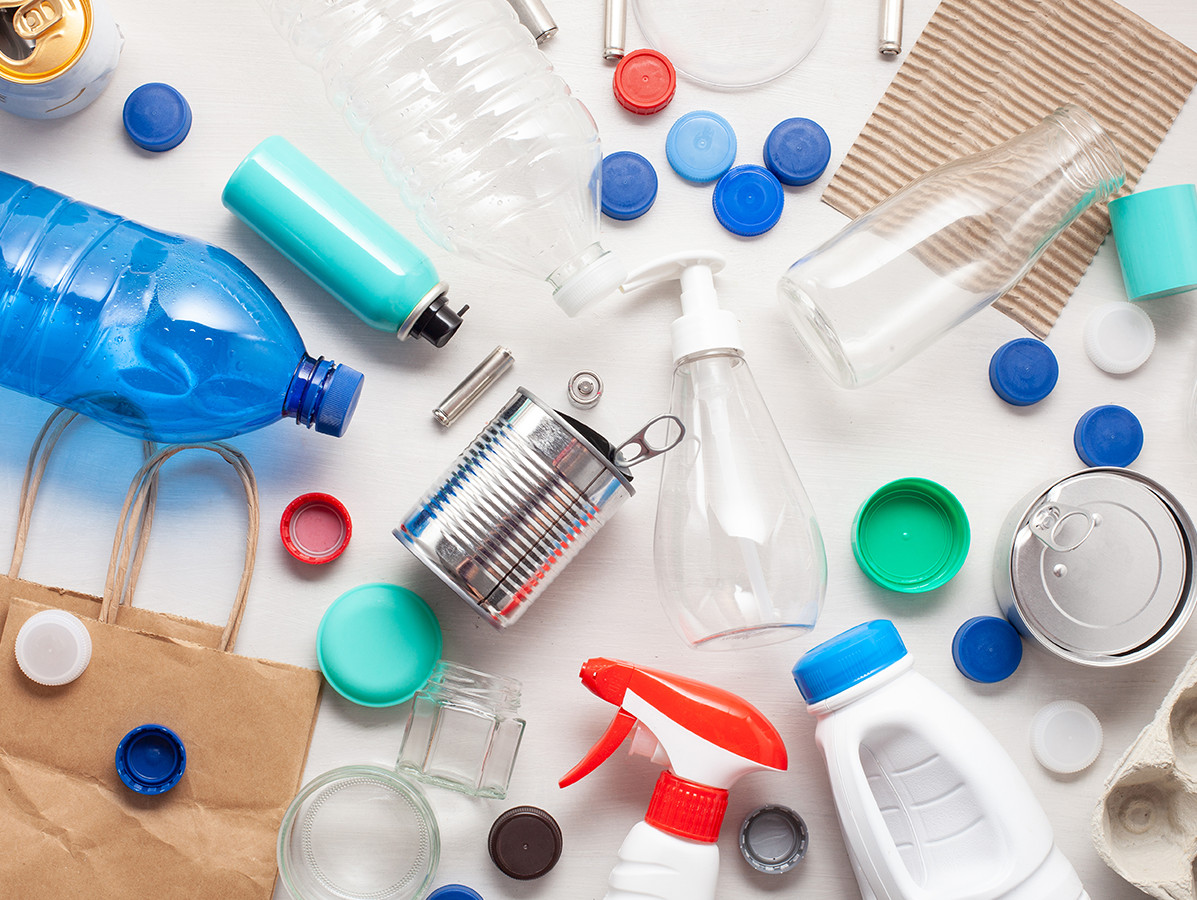
Soon, a cheese package may become a cheese package again thanks to a new way of recycling plastic. In this new technique, the plastic from food packaging is broken down at high temperatures, so that the recycled plastic meets the same quality requirements as plastic made from petroleum. Chemical recycling is called this method.
Companies active in recycling and the chemical industry want to ensure that 555 kilotons of plastic are produced by chemical recycling by 2030. This would then be equivalent to 10% of all plastic produced in the Netherlands. This will enable more plastic waste to be recycled and less to be incinerated.
State Secretary Stientje van Veldhoven (Infrastructure and Water Management) and Minister Bas van 't Wout (Economic Affairs and Climate) informed the House of Representatives on Friday, March 12, 2021 of the sector's joint ambitions.
The government wants to burn no more plastic waste at all by 2030, and to recycle and reuse more. The new method of chemical recycling can contribute to this and is an important addition to current recycling techniques.
Some forms of chemical recycling require a lot of energy because the plastic has to be heated to high temperatures. It is therefore important that the use of these recycling techniques goes hand in hand with a commitment to a climate-neutral industry, based on CO2-free energy generation.
The ambitions of the business community are laid down in a roadmap, which was created in cooperation with VNO-NCW and the Versnellingshuis Nederland Circulair (Acceleration House Netherlands Circular). Together with the Ministry of Economic Affairs and Climate Change, State Secretary Van Veldhoven will explore with the parties how this can be further supported. To this end, a special 'acceleration table' has been set up, with which VNO-NCW has gained good experience in recent years and where opportunities and obstacles are discussed and tackled with all parties involved.
By 2050 the Netherlands aims to have a fully circular economy. In a circular economy raw materials are reused over and over again and therefore there is no waste. At the moment, recyclable waste is sometimes incinerated or, in extreme cases, dumped. Less throw-away culture and more reuse: from shampoo bottles and office chairs to old trains. This can be done by designing smarter products, reusing them and recycling them. The Netherlands has set this goal to prevent environmental pollution and CO2 emissions.
Vieuw the ‘Roadmap chemische recycling kunststof 2030 Nederland’ (Dutch only)
rijksoverheid.nl
Source: Ministerie van Infrastructuur & Waterstaat